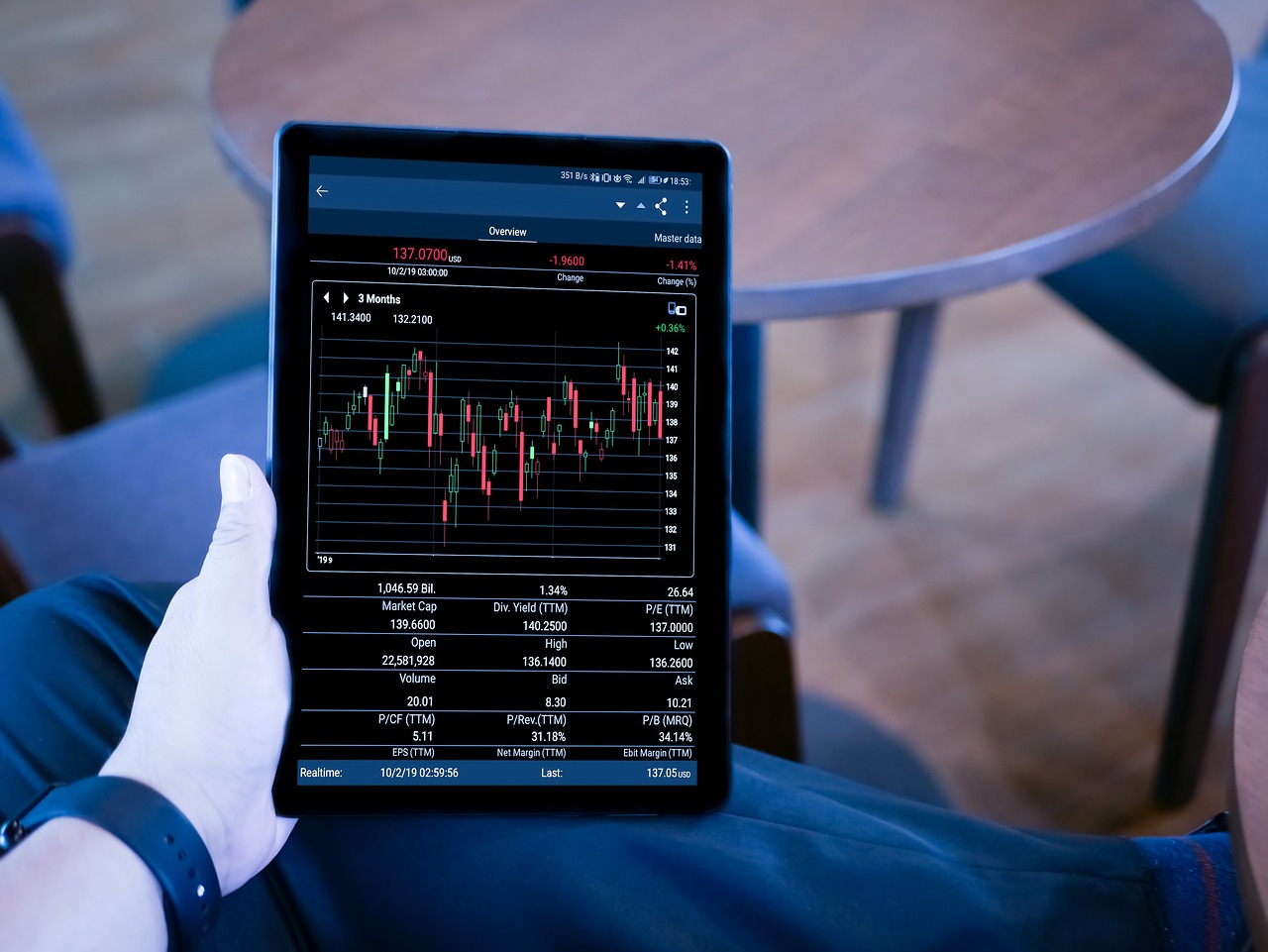In financial trading, exploring various avenues is key to unlocking potential gains. Among these avenues, Contracts for Difference (CFDs) on the foreign exchange market (forex) stand out as a dynamic opportunity for traders. With its unique features, trading CFDs on forex offers a flexible and potentially profitable way to participate in the world’s largest financial market.
Understanding the Basics of Forex and CFDs
Before delving into the specific benefits of this trading method, it’s crucial to grasp the basic concepts. Forex, or the foreign exchange market, is a global marketplace for trading national currencies against each other. Its vastness and liquidity make it an attractive platform for traders worldwide. CFDs, on the other hand, are derivative products that allow traders to speculate on the price movement of various assets, including currencies, without owning the underlying asset. Essentially, when trading CFDs, investors are entering into a contract to exchange the difference in the price of a currency pair from when the position is opened to when it’s closed. This difference is what determines the profit or loss for the trader, making it essential to understand market trends and currency behaviours.
Leverage: A Double-Edged Sword
One of the most appealing aspects of trading CFDs in the forex market is the use of leverage. Leverage allows traders to control large positions with a relatively small amount of capital. It magnifies both potential profits and losses, making it a powerful yet risky tool. Responsible use of leverage is paramount; traders must understand the risks involved and manage their positions carefully. Excessive use of leverage can lead to substantial losses, so it’s vital to use this tool judiciously and in line with one’s risk tolerance. A balanced approach to leverage can enhance potential gains while mitigating the risk of significant losses.
The Benefit of Going Long or Short
Another significant advantage is the ability to go long or short. This means traders can potentially profit from both rising and falling markets. If a trader believes a currency pair will increase in value, they can go long (buy). Conversely, if they anticipate a decrease, they can go short (sell). This flexibility is not always available with other trading instruments. This feature is particularly useful in volatile markets where prices fluctuate rapidly, allowing traders to adapt their strategies accordingly.
24-Hour Market Access
The forex market operates 24 hours a day, five days a week, offering traders from around the globe the opportunity to trade at almost any time. This round-the-clock access, combined with CFDs, provides traders with the flexibility to react to market changes, news, and economic events as they happen. It also suits traders with different schedules, allowing them to trade outside of regular business hours.
Diversification and Risk Management
Diversification is a key strategy in managing risk, and trading CFDs on forex offers ample opportunities for diversification. Traders can spread their investments across various currency pairs, reducing their exposure to any single currency’s volatility. Additionally, traders can employ risk management tools like stop-loss orders to protect their investments from significant losses. Diversification not only helps in spreading risk but also in capitalising on opportunities in different currency markets.
No Ownership, No Stamp Duty
Since CFDs are derivative products, traders do not own the underlying currency when trading. This lack of ownership comes with a perk: in many jurisdictions, it means traders are exempt from stamp duty, potentially reducing the cost of trading. This aspect makes CFDs a cost-effective option for many traders, especially those looking to execute frequent trades.
Conclusion
Trading CFDs on forex is indeed a gateway to dynamic trading opportunities, offering traders flexibility, leverage, and the ability to profit from both rising and falling markets. However, it’s crucial to approach this trading method with caution, understanding its risks, and employing sound risk management strategies. With the right approach, trading CFDs in the forex market can be a valuable addition to any trader’s portfolio.
